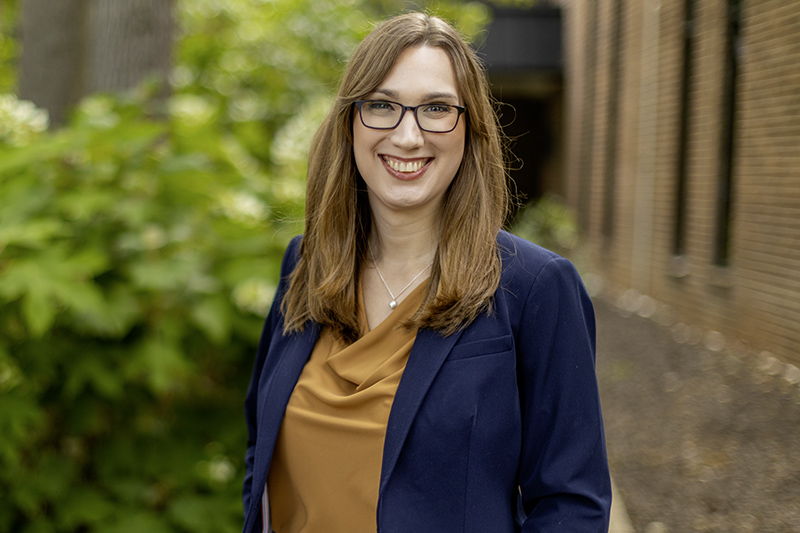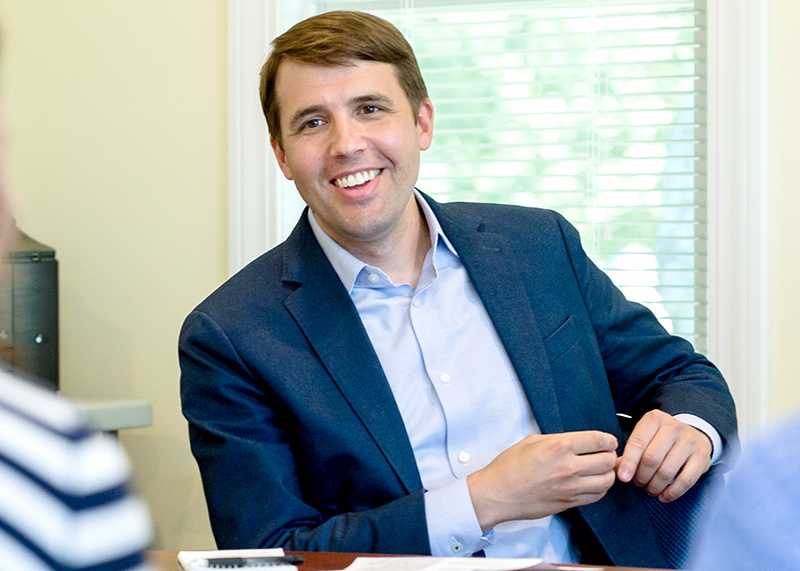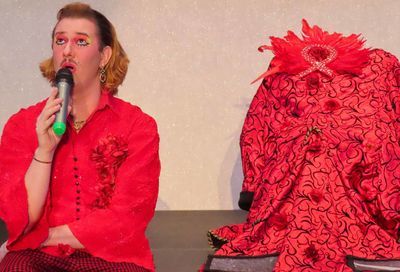With the re-election of President Barack Obama, gains in LGBT representation in Congress, and four victories for marriage equality at the ballot box, advocates declared Election Day 2012 to be a watershed moment for the LGBT-rights movement.
”The momentum is on our side on all fronts for the first time, our opposition is on the defensive on all fronts, and we intend to keep them just there,” Human Rights Campaign President Chad Griffin said, declaring Election Day’s victories to be a ”landslide for equality.”
Not only did Americans re-elect the most pro-LGBT president in American history, they nearly doubled the number of out members of Congress.
When the 113th Congress convenes in January 2013, Democrats Mark Pocan of Wisconsin, Sean Patrick Maloney of New York, Mark Takano of California, and Krysten Sinema of Arizona will become the latest LGB Americans to serve in Congress. Reps. Jared Polis (D-Colo.) and David Cicilline (D-R.I.) both won re-election, bringing the number of LGB people in the House to six.
Most historic of all, Tammy Baldwin, who is vacating the House seat that will be occupied by Pocan, will become the first out person to ever serve in the Senate and Wisconsin’s first woman senator.
“I am well aware that I will be the first openly gay member of the U.S. Senate,” Baldwin said to a roar of cheers from supporters at her victory party on election night. “But I didn’t run to make history. I ran to make a difference.”
If Election 2012 tells us anything, it’s that the wedge issue that once was LGBT equality is rapidly losing its edge. Little mention was made by politicians on either side of the aisle of marriage equality or other LGBT issues. Neither Obama nor Republican presidential candidate Mitt Romney were asked about same-sex marriage during their three debates.
Said Griffin, ”When we have this momentum it is not the time when we slow down, it is the time when we double down.”




















